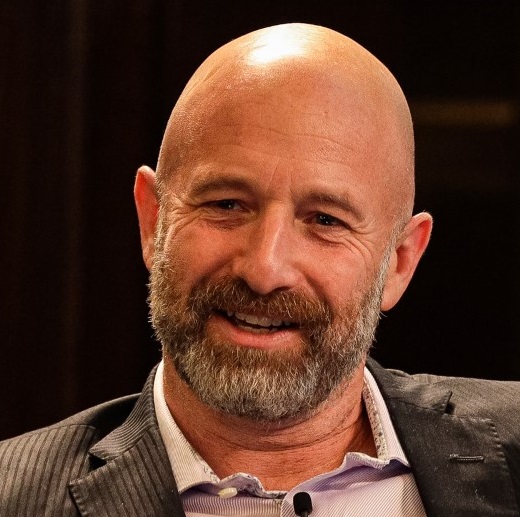I just returned from a long weekend in the Caribbean, attempting to recreate the scenery of (and a few scenes from) The Bachelor. Given the ubiquity of Wi-Fi coverage, I was able to stay connected with my favorite newspapers and magazines: iPhone in one hand, Mojito in the other. Just as I was feeling like a one-percenter, I stumbled upon a story about Newt Gingrich’s propensity to use private air travel. According to the Post, “for at least two years [Gingrich] insisted upon flying private charter jets everywhere he traveled, with most of the costs—ranging from $30,000 to $45,000 per trip—billed to [his company] American Solutions.”
The hefty price tag for private air travel is in line with a quote I recently obtained from a representative of a major jet leasing operation, which allows customers to purchase 25 hours of private air travel at $166,000 on a small Cessna jet that comfortably seats five. (Use it in 18 months or lose it.) This luxury amounts to $6,640 per hour of flight time or $33,200 for a five-hour round trip, smack in the middle of what Gingrich pays. How rich—or what strange preferences—would induce someone like Gingrich to pay that much for such a privilege? (Perhaps the same preferences that would induce you to run up a $500,000 tab at Tiffany.)
This question can be answered with the economist’s tool of marginal analysis. Let’s compare the price of private air travel to the closest (inferior) substitute: first-class air travel. To fly a family of five on a first-class journey lasting 2.5 hours in each direction, one must shell out about $7,000. (American Airlines charges $1,400 for the 2.5 hour flight in first class from DC to Miami, and United charges slightly less for a two-hour trip from DC to Chicago.) Thus, the premium for private air travel over first class is roughly $26,200 per trip (equal to $33,200 less $7,000).
To be fair, the $26,200 premium for private air travel is not a total loss. Relative to first-class travel, private air travel allows you to avoid airport baggage lines, avoid travelling with “commoners,” paparazzi, and would-be terrorists, achieve a certain elite status among your friends, and choose your own routes and flying times. Rock stars might value the option of doing drugs or other things 30,000 feet in the air. (I intentionally omitted “avoid airport security lines” because first-class passengers skip to the front of the security lines.) Using the logic of revealed preference, we can safely infer that any customer (including Gingrich) who opts for private air travel must value these enhancements by at least $26,200—else he would fly first-class.
Having consulted my preferences and budget constraints, I have decided that I am not plane rich. (Given my wife’s reaction to the mere suggestion of our flying first-class, I wouldn’t even mention private air travel within her striking distance.) For any normal set of preferences, at what income level does the $26,200 premium for private air travel make sense? The target audience seems to be top actors, rock stars, and small- and mid-cap company executives. Large-cap company executives presumably have access to company-owned jets. Are there enough of these folks out there to support this niche industry? Warren Buffett seems to think so.

